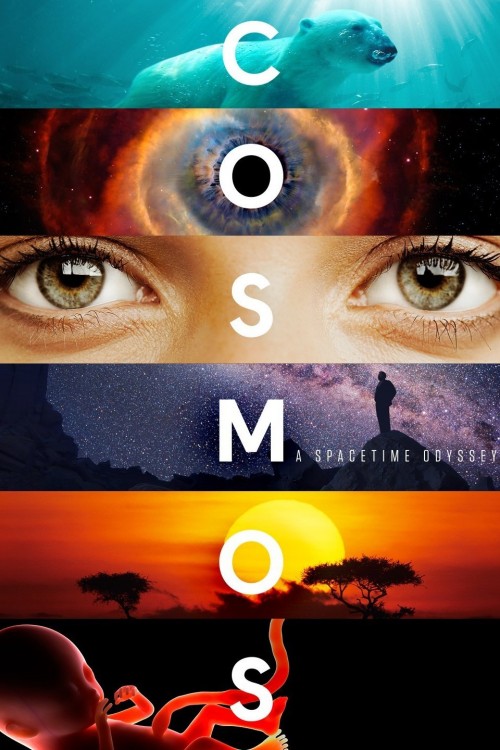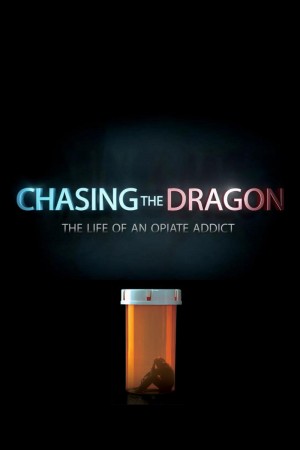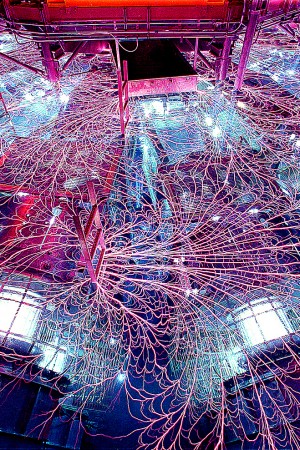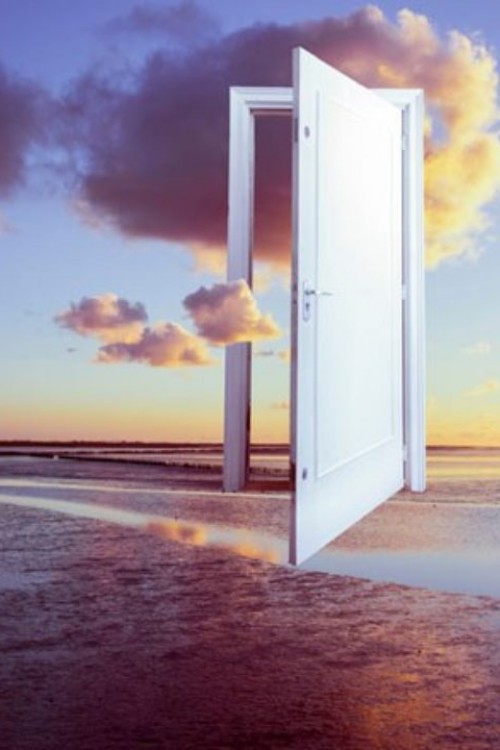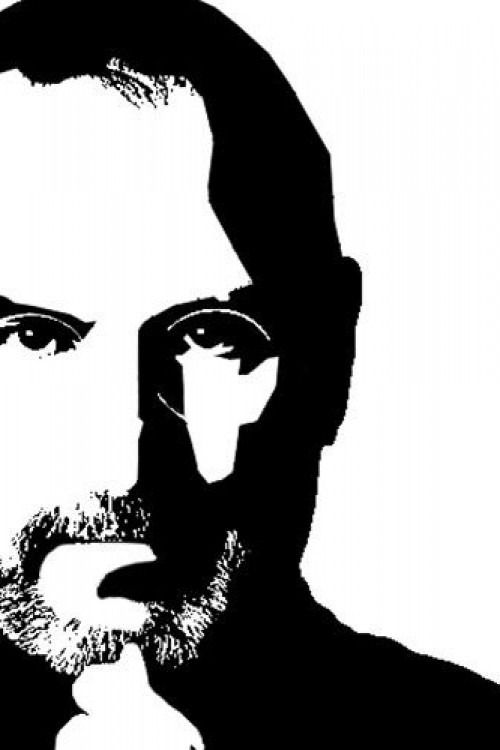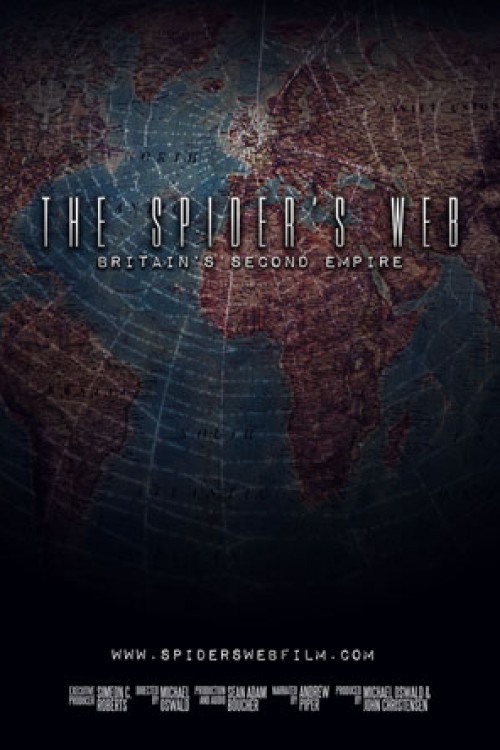Cosmos: A Personal Voyage - Carl Sagan - documentary
Part 1 Part 2 Part 3 Part 4 Part 5 Part 6 Part 7 Part 8 Part 9 Part 10 Part 11 Part 12 Part 13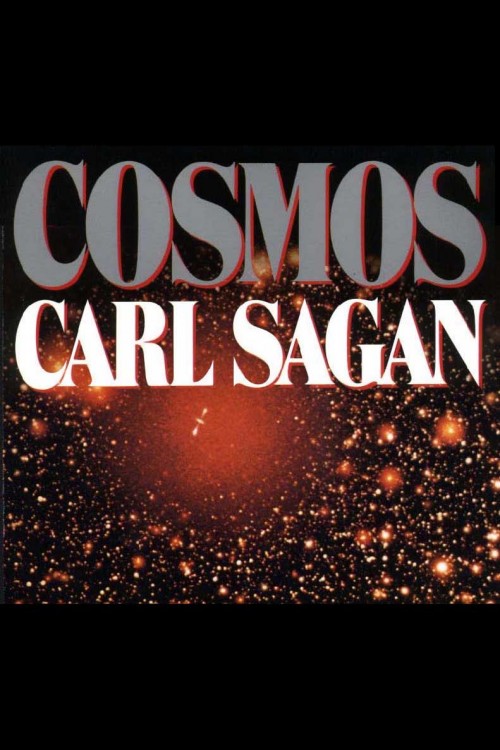
Cosmos with Carl Sagan makes one think deeply about the very fundamentals of our universe. Carl is one of the most well-known scientists in the world because of his ability to popularise scientific subjects by giving them profound meaning, a skill he demonstrates extensively in this documentary series.
Originally each of the documentary films were spread around the site, but now they have been brought to one location.
“The Shores of the Cosmic Ocean” is the first episode in what is regarded as the great educational series of all time. The cosmos is way beyond normal human understanding and we are only at the tip of the iceberg in our quest for knowledge. There were many things that humans have learnt before Carl Sagan made this documentary, have discovered after and no doubt in the future our knowledge will continue to expand.
We are on a tiny bead in a vast cosmic ocean that stretches an unknown distance in both time and space. Yet it is only recently that we have had the power to determine the fate of the earth.
One Voice in the Cosmic Fugue: Episode 2 in one of the great educational series of all time by the late Carl Sagan. In this episode, Carl Sagan explores the search for who we are by looking at life, through the Cambrian explosion, through natural selection on earth and suggesting theories about what life may be like on other planets if there is any at all.
Back in 1980, we did not know if there were really any other planets outside our solar system. Now thanks to NASA missions such a Kepler we know for a fact that there are millions in not billions of planets out there. As Kepler observes thousands of plants every day we are discovering many things such as what their atmospheres are comprised of and whether or not they could support life.
Harmony of the Worlds: In the third episode of Carl Sagan's groundbreaking series Cosmos; we take a look at the long and intertwined history of astrology and astronomy; and how after centuries of being regarded as one of the same, have now become distinctly separate. Sagan takes us to the birth of astronomy and the studying of the planets and stars, with particular attention to ancient civilizations who used the ever-reliable constellations as calendars and extraordinary means of measuring and understanding time. We then look at the historic debate between an Earth and Sun centred solar system, which turned out to be one of the most important discoveries in our understanding of the universe.
Heaven and Hell: In this episode of Cosmos, Carl Sagan pays particular attention to the life of comets and asteroids, whose fate often inevitably ends in destruction. He then goes on to look at Earths sister planet Venus and despite striking correlations with Earth, is an extremely hostile and volcanic world. Once thought to be inhabited by an alien civilization our cosmic neighbour has been in self-destruct mode due to an overactive natural greenhouse effect, sending a clear warning to the continual climate change on Earth.
Blues for a Red Planet: As mankind plans its first ever manned mission to Mars, this particular episode of Cosmos is more relevant now than ever before. Dr Sagan takes us through the history of Mars our beautiful red neighbour and its history of fictional tales that have surrounded it since the 19th century; stemming from H.G. Wells Sci-Fi Classic War of the worlds. We then go onto look at one of the pioneering minds of a generation, Robert Goodard who invented and tested the original concept for a liquid-fueled rocket, without whose work, we probably wouldn’t have a space program.
Cosmos by Carl Sagan 6: Travelers Tales: In the Sixth episode of Carl Sagans legendary Cosmos Series, we pay homage to the planetary explorers who set out on the arduous task to map the world and discover new and exotic lands. We look at man's innate desire to explore and understand what is around us which then leads us onto Nasa’s Voyageur probes. Dr Sgan then makes comparisons between the two eras of explorers and how profound their discoveries have been in the story of mankind.
The Backbone of Night: In the 7th Episode of the iconic Cosmos series, Dr Sagan returns to the classroom in his childhood town of Brooklyn, New York to help inspire the latest generation of children. This leads to some of the different mythologies surrounding stars and how their true form compares to that of myth and legend. We venture back to ancient Greece and look at some of the pioneering philosophers and how they tried to use their scientific knowledge.
Journeys in Space and Time: The eighth episode in the series Cosmos by Carl Sagan. In this episode, Sagan looks into where exactly we are within the fabric of space-time and explores the possibility of time travel. As with all of the cosmos series it is well presented and allows you to open your imagination to the concepts presented.
Since the documentary is more than thirty years old science has progressed and we more about the cosmos however the vast majority of the facts in this series remain true.
The Lives of the Stars: Episode 9 of Carl Sagans legendary series takes us into to the world of the giants, the light sources of our universe, and the varying types of stars we see throughout the cosmos. From blue giants, far larger than own sun to white dwarves which can be smaller than Earth. We look at how our lives depend on these cosmic giants and how the chemistry that makes them is fundamental in our day to day lives.
Cosmos: A Personal Voyage - Carl Sagan Episodes:
- Episode 1 - The Shores of the Cosmic Ocean
- Episode 2 - One Voice in the Cosmic Fugue
- Episode 3 - Harmony of the Worlds
- Episode 4 - Heaven and Hell
- Episode 5 - Blues for a Red Planet
- Episode 6 - Travellers' Tales
- Episode 7 - The Backbone of Night
- Episode 8 - Journeys in Space and Time
- Episode 9 - The Lives of the Stars
- Episode 10 - The Edge of Forever
- Episode 11 - The Persistence of Memory
- Episode 12 - Encyclopaedia Galactica
- Episode 13 - Who Speaks for Earth?
Download:
